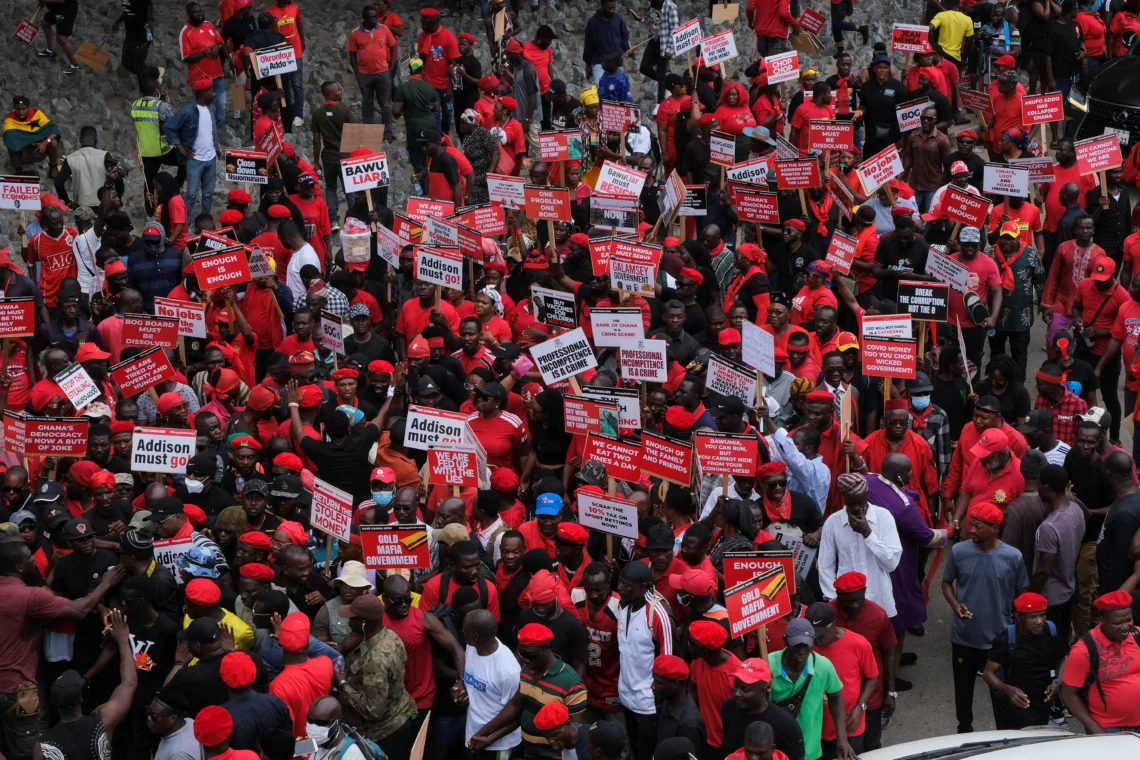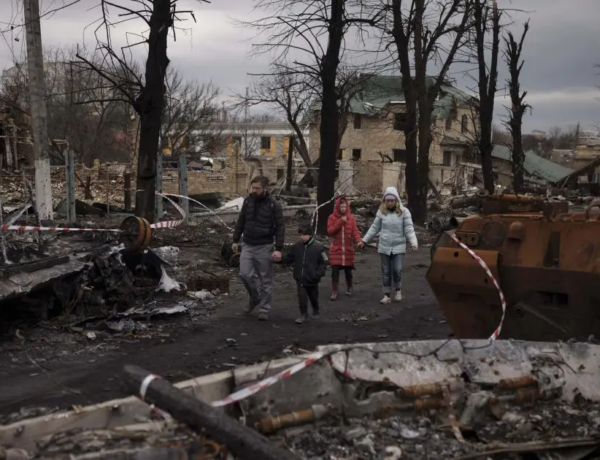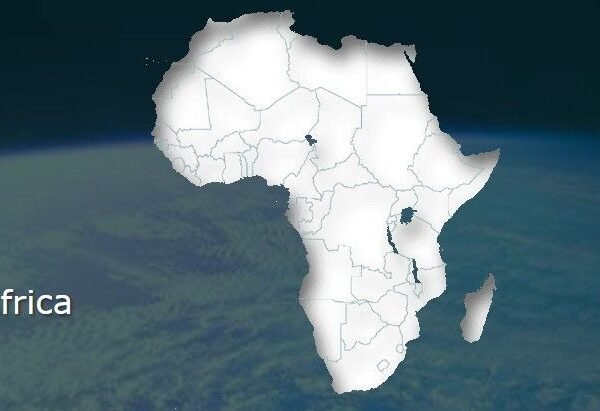Introduction:
The Ghanaian political terrain is once more littered with political activities; chief among them are: proclamation of political manifestos, political debates in professing ideas to promote the socio-economic wellbeing of the citizenry; as well as, holding of public rallies by major political parties across the length and breadth of Ghana. Similarly, these occasions offer disgruntled Ghanaians an opportunity to register their concerns as a strategy to pressurise the government to solve problems confronting the people. The arrest and remand of some young Ghanaians in police custody, for staging protests in respect of polluting water bodies, is damaging to the nation’s constitutional rule. This blogpost seeks to illustrate the abuse of state power as exercised by the Ghana Police Service (GPS) in closing up political spaces. It also proposes civic activism as counter-weight to abuse of power and approach to enhance constitutional rule
Constitutional Rule
Ghana’s constitutional democracy, which is in its 32 years now, is anchored in the 1992 Constitution of the Republic. Article 1 of the 1992 Constitution states that power resides in the sovereign people of Ghana on whose behalf and interests the executive, together with all public agents, shall exercise the power to protect and advance their welfare. This also means that the president, parliament, the judiciary, military and police service, are bona fide employees of Ghanaians; thus, they ought to exercise the powers and authority entrusted to them to guard and protect the human dignity and socio-economic wellbeing of the people rather than intimidating them. Sadly, in the Ghanaian context as in other African countries, Presidents, ministers of States, parliamentarians, judiciary and members of the Police service, regard the authority entrusted to them by the people as their personal absolute property and use it to abuse the masses as exemplified in the arbitrary arrest of the young protestors. Although successive governments have abused state powers through the agency of the military and police service to subdue dissent views and protestations, the current New Patriotic Party (NPP) Government, has strategically closed democratic and political spaces by deploying the police force as extension of the NPP to intimidate and stifle young Ghanaians. In Ghana, the police service has lost its credibility and professional status over the years because it has been manipulated by the current and preceding governments to carry out functions that are inimical to constitutional rule; thereby, projecting itself as partisan wing of governments rather than an institution established to protect the people’s safety within constitutional realm.
Another misguided reason for which the police abuse power in violation of constitutional rule is that the leadership of the Ghana Police service is keenly bounded with the government at the expense of the pubic. Instead of seeking to protect the constitutional rights of Ghanaians in the spheres of demonstrations and public assemblies; where, the people tend to register their displeasure against wrongful governmental activities and policies such as illegal mining and pollution of water sources, the Police force chose to do the opposite by arresting those protestors. The caveat here is that this blogpost is not intended to offer absolute freedom and support for the protestors whose behaviour were destructive and endangered public safety. Even developed democracies which serve as benchmark for Ghana, people whose behaviour are destructive during protests are arrested by the police to ensure law and order. However, the contrary is the case in the Ghanaian context. This is because confining those young Ghanaians into custody for two weeks without granting them bail betrays the tenets of constitutional rule from which the police force and judiciary derive their authority. Some of the reasons for which those young Ghanaian protestors are serving remand in police custody are that, they destroyed public property, tore posters of politicians, removed car keys from police vehicles and had no permit to demonstrate among other reasons. Granted that these allegations are true, do they merit police custody for two weeks? And does that not qualify as punishing them before the actual trial? By legal standard, those stated crimes are mere misdemeanour offences for which some of the protestors could be given self-recognisance bail. Yet, the judiciary and the police force have shown themselves as self-seeking individuals and institutions, competing to attract the favour of government rather than securing the people’s constitutional right. These unconstitutional acts undermine the sanity and stability of the 1992 Constitution for which civic activism is the remedy.
Civic Activism as a Remedy
Churning out laws without instituting measures to implement them undermines Ghana’s constitutional rule ushered in by the 1992 Constitution. Like many other African states, Ghana is adept at producing laws and regulations, however, the executives have repeatedly failed to ensure that the people, especially young Ghanaians, participate vigorously in debating with state ministers and executives on national issues affecting them and the country at large. Formulating laws without implementation to ensure the people’s wellbeing is synonymous to defrauding, in that it becomes a strategy to deceive the public for political expediency. Given the scale of river pollution and environmental degradation, which are wreaking health and socio-economic challenges in the country, those young Ghanaian protestors should have been listened to and their concerns discussed as urgent national security threat. As a nation with severe economic and weak health facilities, it will be tragic if the large poor Ghanaian population should become depended on imported water for their sanitation and domestic needs; because majority of them cannot afford it, thus exacerbating their plight. This development suggests a betrayal of the people by their government for which civic activism is the antidote. Such civic activism will force governments in Africa and Ghana, to address seriously the peoples’ concerns by ushering in some form of good governance. For this to be achieved, the educated class in Ghana should lead the way by organising, educating and encouraging the youth and the public about the need to challenge political leadership and members occupying public office on poor and frivolous national issues. Mobilising sustained civic activism against executive powers of the current and future governments on issues of national interests is the surest strategy of counteracting abusive governments supported by partisan military and police forces. However, the educated class in Ghana, like their counterparts in other African States, are mute and feeble to lead and organise civic activism because they are afraid of losing their jobs or being victimised. The preoccupation of the educated elite to preserve their supposedly jobs at the expense of initiating civic activism to promote the collective goodness of society is unfortunate. This is because the educated elite should demonstrate patriotism by placing their knowledge, skills and experiences at the service of society and humanity.
Final Remarks
Civic activism is crucial to the consolidation of constitutional rule in Ghana. And citizenship is the alliance and solidarity of free people having equal decision-making capabilities, roles, and dignity without discrimination. In any country, citizenship is affected by political maturity, cultural advancement, social beliefs, and major international changes. In that spirit, the Ghana Police Service, Military and the Judiciary ought to exercise constitutional maturity by using powers allocated to them on behalf of Ghanaians to protect rather than abuse and harass them.




